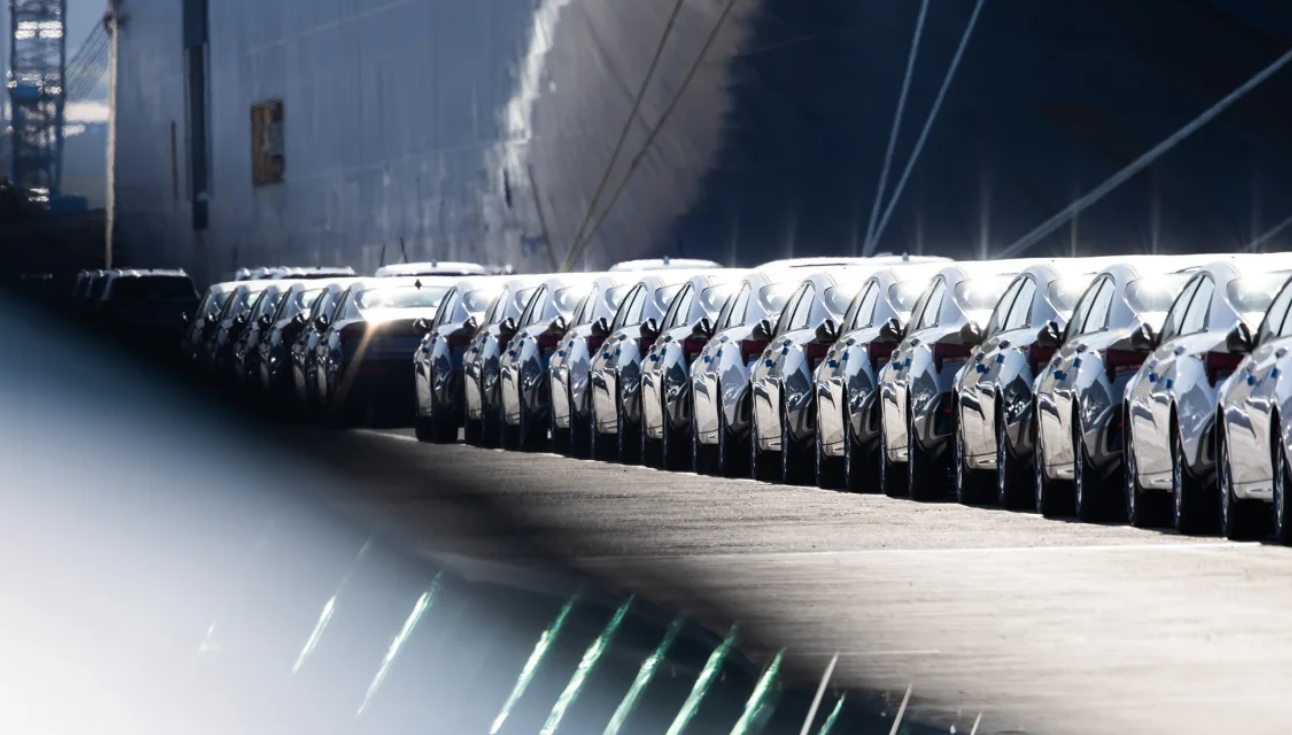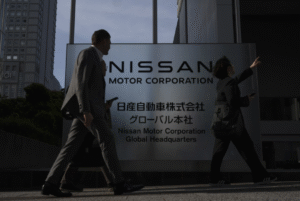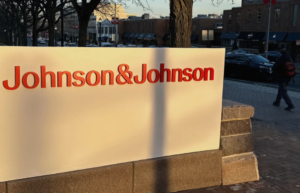Hyundai, based in South Korea, alongside President Donald Trump, revealed a $20 billion investment in US manufacturing on Monday, which includes a $5 billion steel plant in Louisiana.
The new $5.8 billion facility in Louisiana will be Hyundai’s first steel manufacturing plant in the United States. It is expected to produce over 2.7 million metric tons of steel annually and generate more than 1,400 jobs. The steel produced will supply auto plants in Alabama and Georgia, according to Trump.
The announcement took place at the White House and was attended by President Trump, Hyundai Chairman Euisun Chung, and Louisiana Governor Jeff Landry. Chung stated that this is Hyundai’s largest-ever investment in the United States.
White House Press Secretary Karoline Leavitt shared on social media, “More investments, more jobs, and more money in the pockets of hardworking Americans – all thanks to President Trump’s economic policies.”
“This investment clearly shows that tariffs are highly effective,” Trump stated on Monday.
Chung explained that the decision to build the steel plant in the Savannah, Georgia area stemmed from a meeting he had with President Trump in Seoul in 2019. He also noted that the project aligning with the start of Trump’s second term made it even more significant.
Earlier in January, trade reports indicated that Hyundai was considering establishing a steel plant in the U.S. to reduce production costs and prepare for Trump’s protectionist economic policies.
Trump has already imposed a 25% tariff on steel and aluminum imports, along with new levies on cars from Asia and Europe that are set to take effect next month. The goal is to boost domestic car production, but it’s a complex process.
For example, Stellantis, which manufactures vehicles in North America under brands like Jeep, Ram, Dodge, and Chrysler, agreed to reopen a closed plant in Illinois as part of a deal to end a strike by the United Auto Workers in 2023. The re-opening of the plant was highlighted again in January, soon after Trump assumed office, to reassure him that it would contribute to increasing U.S. car production. However, that plant won’t be operational until 2027.
Despite Trump’s claims that tariffs are necessary to “save” the U.S. auto industry, American factories already produce the majority of North America’s vehicles.
According to data from S&P Global Mobility, U.S. assembly plants produced 10.2 million cars last year, while Mexican factories built 4 million and Canadian plants produced 1.3 million. Additionally, around 1 million workers are employed at U.S. factories producing cars, trucks, and auto parts.
Increased investments
Hyundai’s announcement comes just ahead of April 2, when even more significant tariffs may be imposed, targeting countries with large trade surpluses, like South Korea. President Trump has been encouraging investments in U.S. manufacturing, with similar announcements from companies like Taiwan Semiconductor Manufacturing Company and Japan’s SoftBank.
Apple revealed plans last month to invest $500 billion over the next four years to expand its facilities, manufacturing, and projects across the United States. This move is likely aimed at helping Apple avoid new tariffs on goods imported from China, although some of these investments may have already been in the works.
In January, Oracle, OpenAI, and SoftBank also announced a collaboration to create a new company called Stargate, focusing on growing artificial intelligence infrastructure in the U.S. The companies plan to invest $500 billion into this initiative over the coming years.
U.S. presidents, both current and-elect, often participate in joint announcements with companies about large-scale investments to boost American manufacturing, though their success has been inconsistent.
For example, in 2017, Trump and Foxconn unveiled plans for a $10 billion electronics factory in Wisconsin, which was expected to create 13,000 jobs. However, the company later scaled back its plans and in 2021 stated it would invest only $672 million, leading to the creation of fewer than 1,500 jobs.














